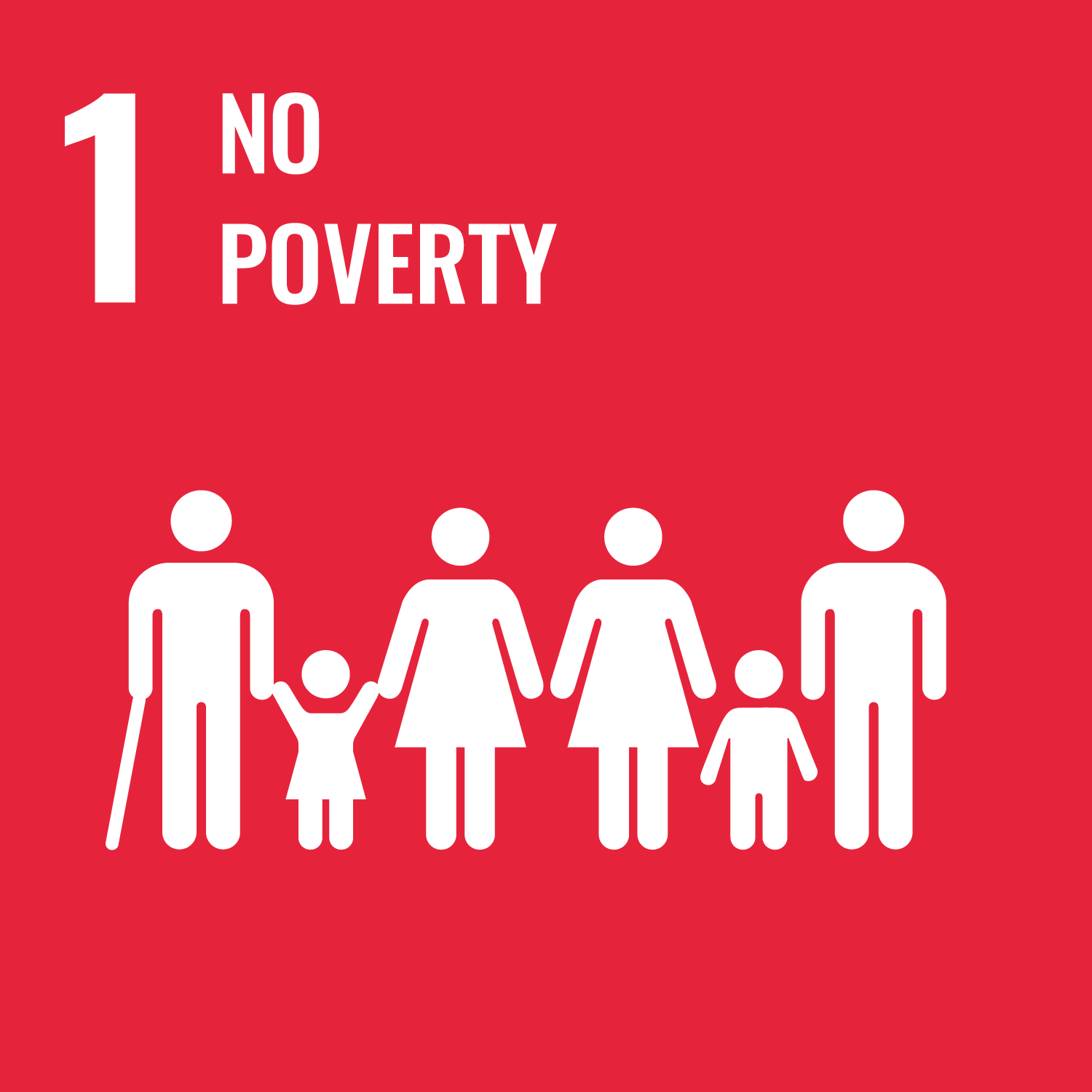Mutual Success Programme for Digital Employment
Aligned SDGs



- Mutual Success Programme for Digital Employment
- General overview
- Intervention
- Location
- Last data update
- Spreadsheet of data
- Mutual Success Programme for Digital Employment
- General overview
- Intervention
- Location
- Last data update
- Spreadsheet of data
General overview
Stage of development: Late stage
Policy sectors: Employment and private sector development / Education
Type of instrument: Social Impact Incentives (SIINC) / Payment-by-results (no pre-financing)
Delivery locations: Honduras
Country classification: Lower-middle-income
Intervention
Social or environmental challenge
The Elevate program targets critical market failures that hinder equitable access to education and workforce development. Firstly, traditional education systems often struggle to adapt swiftly to evolving industry needs, resulting in a skills gap that leaves many job-seekers unprepared for employment. Secondly, financial barriers limit access to education, preventing individuals from upskilling and securing better opportunities. Thirdly, the lack of alignment between education costs and employment outcomes can lead to student debt without commensurate career advancements.
Our programs address these failures by offering industry-relevant, up-to-date training that directly responds to market demands. This model tackles financial barriers, enabling learners to join courses without upfront expenses, creating an equitable opportunity for all. We ensure educational investments are justified by career success, getting tangible results. The program's innovative design responds to these market failures by generating a relationship between education and employment and meeting the demands of a rapidly changing job landscape.
Description of the intervention
The Mutual Success Program is an OBF initiative aimed at democratizing access to quality education and enhancing employability. Through this project, individuals can enroll in our training programs without any upfront costs by opting for Income Share Agreements (ISAs). After completing their training and securing employment, graduates commit a small percentage of their earnings to the program.
In order to guarantee better employment options for students, the training they receive before the job placement stage is oriented to exponential growth industries, to which there is poor access in local education and which offer better earnings such as Data Analytics, AI tools and web development.
This program functions as a self-sustaining fund that fuels the education of new students. As employed graduates contribute a portion of their salaries, this cyclical model ensures ongoing access to education for others. This lowers financial barriers for learners but also aligns their success.
By linking tuition payments to post-training outcomes, we promote accountability and positive outcomes for both Elevate and students. This promotes an ecosystem where education is a shared investment, breaking down financial barriers to education through strategic partnerships and a scalable model.
Location
Country:
- Honduras
Locality:
- Honduras
Last data update
Data for this pipeline project was last updated in August 2023
You might have noticed that some pipeline projects have more data than others. This is because organisations can share as much data as they want with the INDIGO initiative. If you have more data on one of these pipeline projects and would like to share with us, please get in touch at indigo@bsg.ox.ac.uk. Our full list of variables and data definitions can be found here.
Spreadsheet of data
Important Notice and Disclaimer on INDIGO Data
INDIGO data are shared for research and policy analysis purposes. INDIGO data can be used to support a range of insights, for example, to understand the social outcomes that projects aim to improve, the network of organisations across projects, trends, scales, timelines and summary information. The collaborative system by which we collect, process, and share data is designed to advance data-sharing norms, harmonise data definitions and improve data use. These data are NOT shared for auditing, investment, or legal purposes. Please independently verify any data that you might use in decision making. We provide no guarantees or assurances as to the quality of these data. Data may be inaccurate, incomplete, inconsistent, and/or not current for various reasons: INDIGO is a collaborative and iterative initiative that mostly relies on projects all over the world volunteering to share their data. We have a system for processing information and try to attribute data to named sources, but we do not audit, cross-check, or verify all information provided to us. It takes time and resources to share data, which may not have been included in a project’s budget. Many of the projects are ongoing and timely updates may not be available. Different people may have different interpretations of data items and definitions. Even when data are high quality, interpretation or generalisation to different contexts may not be possible and/or requires additional information and/or expertise. Help us improve our data quality: email us at indigo@bsg.ox.ac.uk if you have data on new projects, changes or performance updates on current projects, clarifications or corrections on our data, and/or confidentiality or sensitivity notices. Please also give input via the INDIGO Data Definitions Improvement Tool and INDIGO Feedback Questionnaire.